Organic avocado in 2024/2025 demand is growing but production is still very limited.
Sangaspano aims to plant over 2600 trees by 2026.
Will avocado be the new apple? And will mango take the place of hazelnuts? A provocation that does not seem science fiction, at least according to the data processed by Fruitimprese. In 2023, Italy kept the quantities of fruit sold abroad stable at 3.4 million tons (-0.9% compared to 2022), but the historic champions of the tricolor eport In the 2022/23 season, Italy was the rising star in avocado consumption, with 45,000 tons, equivalent to 0.8 kg per capita. From May to October 2023 alone, 25,772 tons of avocados would have been consumed in our country, an increase of 83% compared to 2020 (source: latest Fruitrop report). "In Italy there has been an extraordinary growth in recent years. We think there will still be many benefits in the future - report from the Avocado Given that the Italian market is still young, it is very important to offer more information to help consumers understand the fundamental characteristics of these products, whether it is selecting good quality fruit, preserving and ripening, cutting and, of course, finding inspirational recipe ideas on how to enjoy this versatile food". However, the low availability of water continues to be an obstacle for European production, preventing the expansion of cultivated areas and limiting volumes for exports. But what are the main target markets for avocado? The US appetite for this fruit continues to grow, having set the record for imports of 1.26 million tons in 2023, +11% compared to the previous year. Mexico remains its main supplier, with a 90% share of imports. European consumption is also evolving, with an increase in avocado purchases also expected for 2024/25. Regarding the varietal landscape, Hass avocados will continue to dominate the market, while similar varieties will gradually gain ground, especially those with higher yield per hectare potential. Sangaspano is engaged in a planting project of avocado plants in organic regime in the municipality of Pace del Mela that provides for the planting of 2,600 by 2026. The first 600 plants of Hass varieties are already in production (see photo). In 2025 it is planned to plant another 1000 plants, and in 2026 another 1000 saplings will be planted. The cultivation takes place in organic regime and with a remote control irrigation and fertigation system 4.0 that guarantees the reduction of water waste. In addition, the planting takes place on other trunks about a meter from the ground that have been mulched. This technique allows the roots of the plant to remain in a protected and constantly humid microenvironment that limits the consumption of water and fertilizers in order to provide our customers with 100% natural fruits.
Related posts
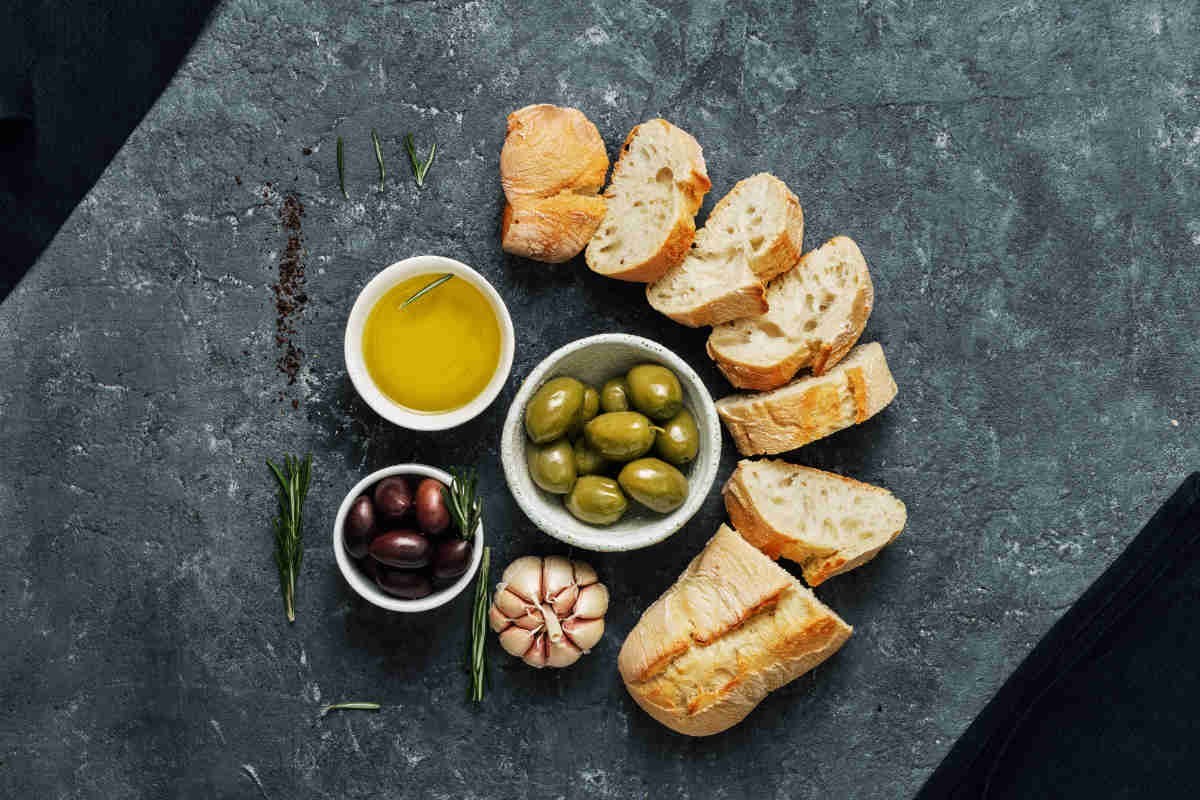 ambience
Discovering olive oil: properties and benefits
ambience
Discovering olive oil: properties and benefits
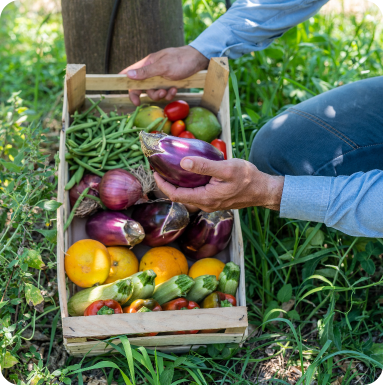 ambience
Sangaspano adopts an organic, sustainable and biodynamic agriculture
ambience
Sangaspano adopts an organic, sustainable and biodynamic agriculture
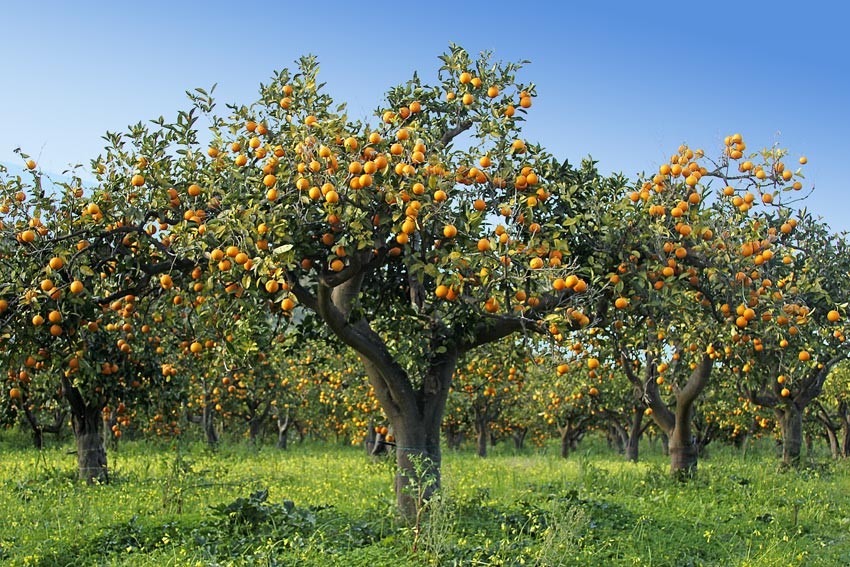 ambience
IN ITALY GOODBYE TO OVER 20 MILLION CITRUS TREES!
ambience
IN ITALY GOODBYE TO OVER 20 MILLION CITRUS TREES!
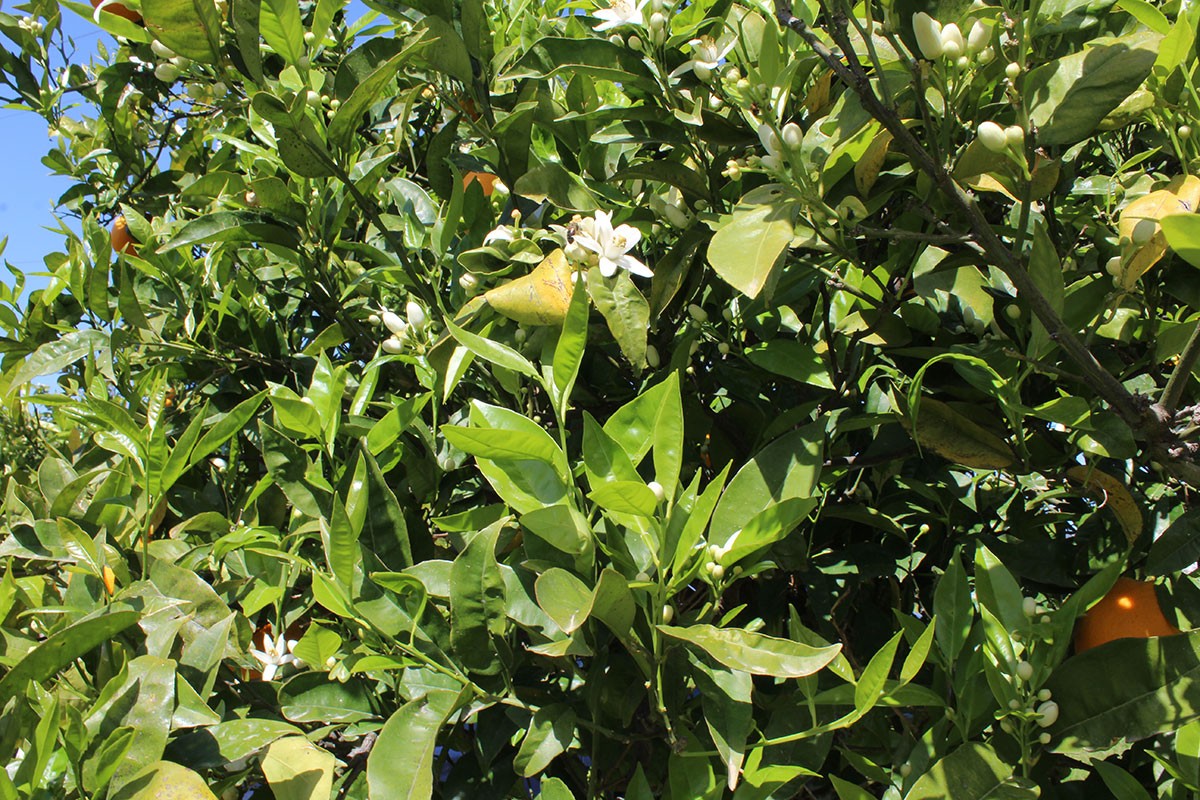 ambience
In 2024 the climate crisis bends Italian beekeeping
ambience
In 2024 the climate crisis bends Italian beekeeping
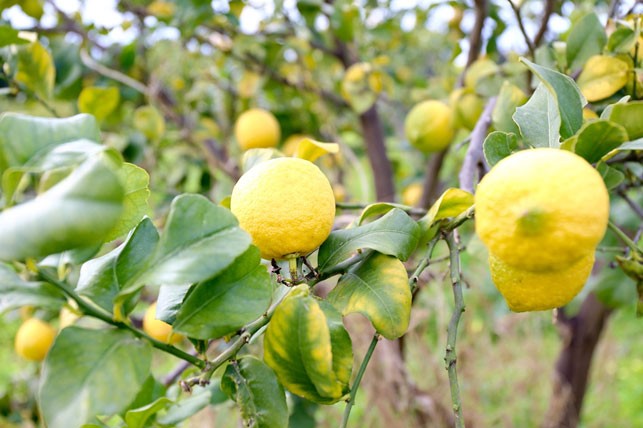 ambience
Wellness
Topical
Goodbye Italian lemons. The yellow fruits at risk, in 30 years decreased production by 40%.
ambience
Wellness
Topical
Goodbye Italian lemons. The yellow fruits at risk, in 30 years decreased production by 40%.

















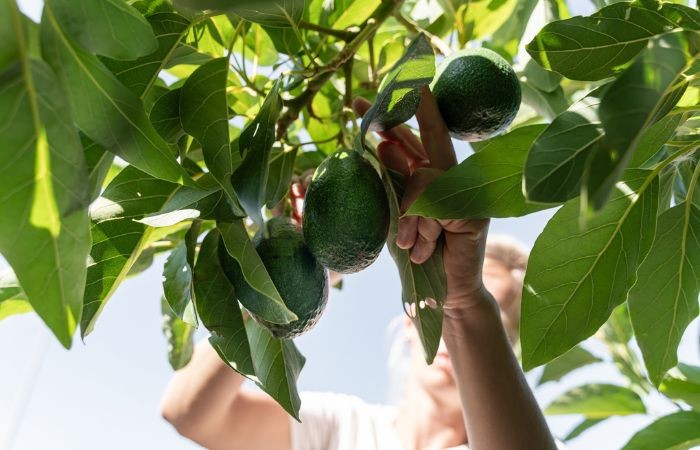






Leave a comment